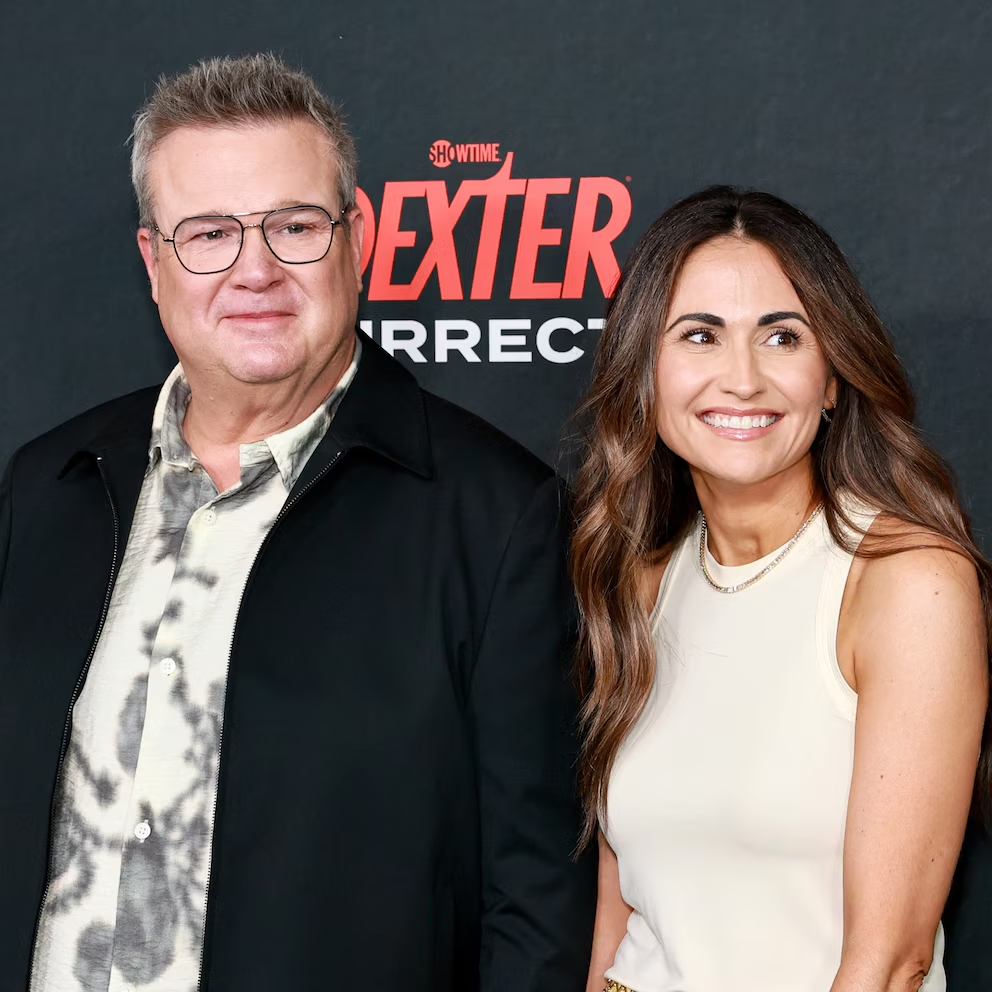Emma Watson, known worldwide for her role as Hermione Granger in the iconic Harry Potter film series, recently opened up about some of the more challenging moments she faced during filming. While the movies brought her immense fame and solidified her place in the entertainment industry, Watson revealed that not all aspects of the experience were as magical as they appeared on screen.
One particularly difficult scene for Watson involved a moment that fans of the series eagerly anticipated: Hermione’s confession of her feelings for Ron Weasley, played by Rupert Grint, followed by the pair sharing a kiss in “Harry Potter and The Deathly Hallows: Part 2.” Despite the significance of this scene in the storyline, Watson admitted that filming it was far from enjoyable. In fact, she described the experience as so uncomfortable that it nearly made her question her ability to continue with the project.
In a candid conversation on the popular talk show “Friday Night with Jonathan Ross,” Watson reflected on how she felt about this pivotal moment in the film. Describing it as “the most horrible thing I’ve ever had to do,” Watson explained that her discomfort stemmed from the nature of her relationship with her co-star, Rupert Grint.
Watson and Grint had spent years growing up together on the sets of the Harry Potter films, forming a close, sibling-like bond over the course of their shared journey. This long-standing friendship made the romantic scene between their characters particularly challenging for Watson. She remarked that, although Grint is “lovely” and well-liked, kissing him felt more like kissing a family member than a romantic partner. “It just felt like incest,” Watson confessed, emphasizing that this was the only way she could describe the experience.
The scene in question is a crucial one, marking the culmination of the slow-burning romance between Hermione and Ron, which had been building up over several films. For fans, this moment was a significant payoff, a long-awaited confirmation of the relationship that had been hinted at throughout the series. However, for Watson, it was an emotionally taxing experience, made even more difficult by the weight of the expectations surrounding it.
Watson’s comments have sparked discussions among fans and in the media, with many expressing surprise at the actress’s perspective on such an iconic scene. However, her remarks also shed light on the often-overlooked challenges faced by actors who are required to perform intimate scenes, especially when those scenes involve close friends or colleagues.
Despite the discomfort she experienced, Watson’s performance in the Harry Potter series has been widely praised, and her portrayal of Hermione Granger remains beloved by fans around the world. The scene itself has gone down in history as one of the defining moments of the film series, despite the personal difficulties Watson faced while filming it.
Looking back, Watson’s comments serve as a reminder that the process of creating movies, even those as beloved as the Harry Potter series, is not always as glamorous as it may seem. Actors are often required to push through uncomfortable or challenging situations to bring characters and stories to life, and Watson’s honesty about her experience offers a glimpse into the realities of life on set.
Over the years, Watson has continued to grow as an actress, taking on a variety of roles in films such as “Little Women” and “Beauty and the Beast,” while also becoming an outspoken advocate for gender equality and other social issues. Her reflections on her time in the Harry Potter series highlight not only the challenges she faced as a young actress but also her ability to navigate those challenges with grace and professionalism.
Watson’s portrayal of Hermione Granger remains one of the most iconic in modern cinema, and the scene she found so difficult to film has become a memorable part of the Harry Potter legacy. While the experience may not have been a pleasant one for Watson, her willingness to share her true feelings about it adds depth to our understanding of the complexities involved in bringing such beloved stories to the screen.



